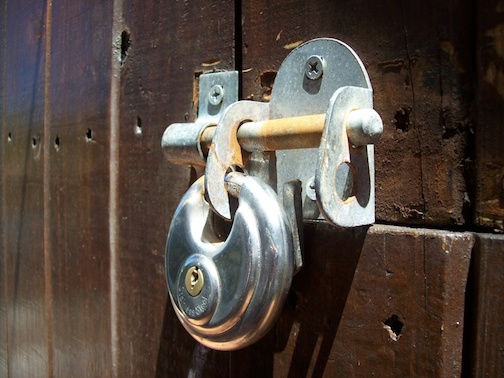The death of actor Philip Seymour Hoffman recently was shocking and sad. The news that he was evidently involved with another woman before his sudden death from a heroin overdose was just as sad, but perhaps not shocking.
He leaves behind three kids he had with his long-time girlfriend Mimi O’Donnell, who may or may not have kicked him out of their home because discovery of the other woman (although news reports indicate she was trying to keep his heroin use away from their young children). 
I just can’t imagine the devastation of losing a loved one and then discovering a secret, like an affair. It’s bad enough grieving your loss when all of a sudden you’re confronted with a harsh truth that makes you question everything about your former spouses and your life. Your pain — and anger — amplifies. And, that probably happens more often than not given that more people are cheating and I’d have to guess that there are a lot of unsuspecting spouses.
One such spouse was Julie Metz, who discovered after her husband’s sudden death that he was involved with five women, including a “good” friend of hers. She confronted every one of them, and eventually made peace with them (although moving away from her former home and her “friend” helped), which she details in her 2009 memoir, Perfection: A Memoir of Betrayal and Renewal.
The morning I found out, I didn’t hesitate for a second. I couldn’t ask him anymore to tell me. I felt whoever these women are, they know something that is going to tell me what was going on in my marriage. I felt I really needed to find the truth because it was going to be the only way I could get any closure.
Royal biographer Ingrid Seward had a similar experience when she found texts on her late husband’s cellphone. Then she went through his computer and discovered the truth behind the many times he told her he would be late, or having dinner with a friend or didn’t come home at all.
For days I tried to knit the pattern together. Nothing was left untouched. I went through his pockets, his mobile phone bills, his desk, his drawers, his restaurant receipts. It all fitted together into one grotesque pattern. My husband was a serial adulterer and there was nothing I could do about it: no questions I could ask him, no argument I could have with him, no explanation he could give me, or pleas he could make for forgiveness. He was gone.
I don’t mean to say that everybody should tell everyone every secret. But I think facing the truth is not as bad as some people fear. And I have come to believe that the energy soaked up by denial can be put to more creative and loving use.
- Have you discovered secrets after the death of a loved one?
- Are you a Finder or a Keeper?
- Would you rather know or not know?
















